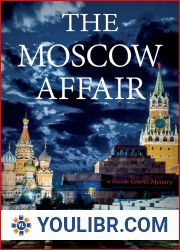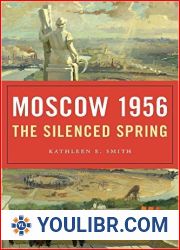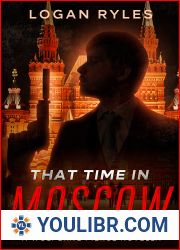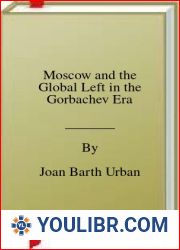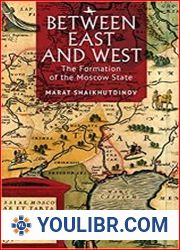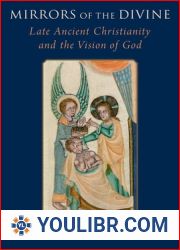
BOOKS - Mirrors of Moscow

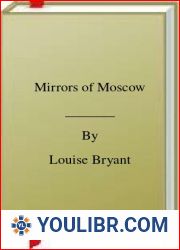
US $8.94

615855

615855
Mirrors of Moscow
Author: Louise Bryant
Year: June 1, 1973
Format: PDF
File size: PDF 4.7 MB
Language: English
Year: June 1, 1973
Format: PDF
File size: PDF 4.7 MB
Language: English
Lenin became an active revolutionist through the spiritual motives that have moved all great reformers - not because he himself was hungry and an outcast, but because he could not stand by unmoved in a world where other men were hungry and outcast. Such characters are predestined internationalists; the very quality that lifts them above materialism places them above borders and points of geography; they strive for the universal good. Lenin believes that the only thing worth living for is the next generation. Communism is his formula for saving the next generation from the injustices and inequalities of the present. When I think of Lenin and his place in the Russian revolution I am reminded of a statue which, until the late Fall of the year 1918, adorned the busy square before the entrance to the Nikoliavski station in Petrograd. It represented one of the former rulers of Russia astride a huge stallion. One could not fail to be struck by the tremendous strength of the animal and the frailty of the rider. The contrast was intentional; the titled sculptor meant to warn his sovereign of the dangers threatening the throne. Russia was the wild horse, fierce, untamed, powerful, a force as yet unaroused but which might wake up any moment and cast off its royal burden. When Lenin took the reins of state, he was in exactly the same position as a man riding a runaway horse. The utmost his constituents could have expected was that he would guide Russia away from complete destruction. They could hold him responsible for immediate situations but not for ultimate results. To what goal those vast urges and desires which caused the revolution would carry Russia, was beyond him or any man to command. His heart and his mind wished to direct it toward the crimson portals of socialism. Russia, however, in its stampede seems to have slowed up dangerously near the old, familiar gates of capitalism. Nevertheless, she will never be the same; Lenin is responsible for it that Russia has forever gained the larger fruits of the revolution. Legends spring up around every famous man, manufactured largely by his enemies, who spread tales of his lavish extravagance, his vices, his affairs with women. It is important to know such facts about a man's life. His personal relationships mean a great deal; if he fails in these, he eventually fails in all ways. The life of the leader of a great world movement must harmonize with his doctrines; his conduct must be as austere or as lax as his doctrines dictate. That is why we have a natural antipathy to dissolute priests and none at all to dissolute poets and Bacchanalians. So it is worthy of note that even the narrowest moralist could not pick a flaw in Lenin's personal conduct I am convinced that if he had lived in any other way than he has, he could not have maintained his remarkable poise.








